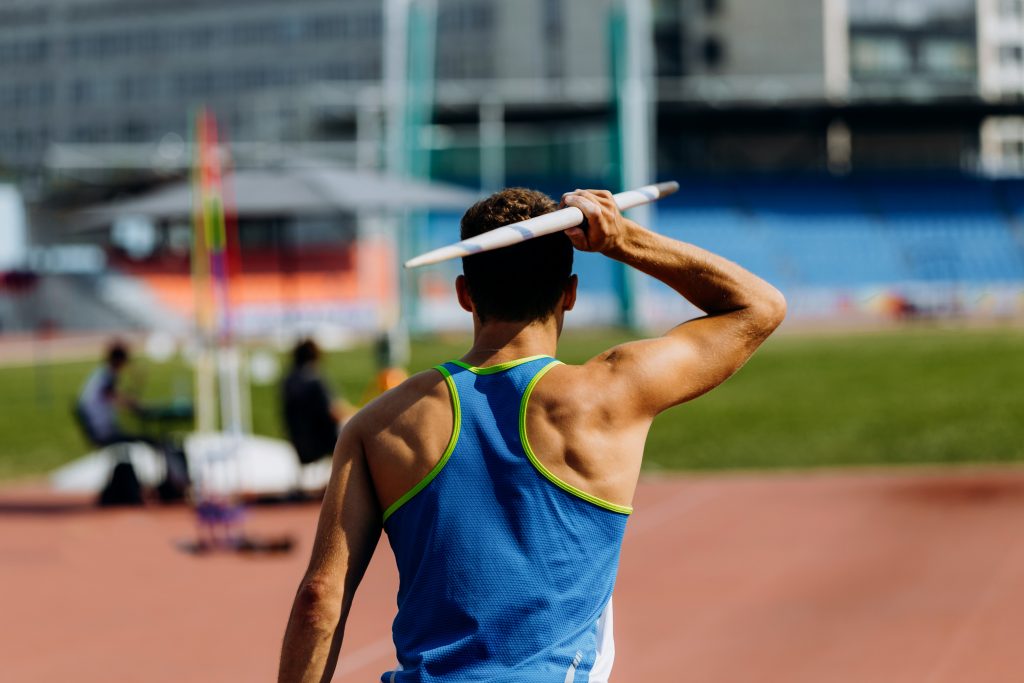Supporting the Psychological Wellbeing of Athletes: What Can Coaches do?

There has recently been an increasing number of athletes bravely coming forward to share their stories about the psychological distress and associated mental health challenges they experienced during their athletic careers (e.g., Michael Phelps, Gracie Gold, and Demar Derozan). Athletes are not immune to experiencing psychological distress and rates of mental illness among athletes are…
Spring 2020 SIRCuit
Check out the Spring SIRCuit! This collection of articles, provides timely and relevant research and insights relating to leadership, athlete development, and high performance sport: The Role of Nutrition in Sub-Concussion Injury Protection Engaging Youth in Evaluation Processes An Official’s Journey to the FIFA Women’s World Cup Supporting the Psychological Wellbeing of Athletes: What can Coaches…
Teammates’ Emotions
The way that adolescent athletes deal with teammates’ emotions impacts their own enjoyment and commitment in sport. While competition and comparison among teammates can fuel negative emotions, athletes who compliment and support their teammates can lighten the mood. Learn more in this infographic.
Fitness and Brain Health
Physical fitness could be the key to enhancing brain health, according to a recent study published in Nature. Among healthy young adults, better physical fitness was associated with preserved brain structure and enhanced cognition.
Motivational Language
Research shows the type of language used by instructors during group training sessions is important. Cues that focused on function (e.g. “this exercise will help you prevent injuries and build strength”) rather than appearance (e.g. “earn your dream body”) resulted in greater mood and body satisfaction amongst female participants.
Student-Athlete Health
Alcohol misuse represents an important mental health issue for student-athletes – even moderate consumption can have negatively impact athletic and academic performance. Research has shown an athlete’s perception of their coach’s approval of alcohol use was strongly associated with drinking behaviour.
Bell Let’s Talk Day 2020
Today is Bell Let’s Talk Day – a national initiative to build awareness, acceptance and action relating to mental health. While 84% of Canadians say they are comfortable speaking with others about mental health, athletes report a number of barriers to disclosing psychological distress. These include “tough” sport cultures, fear of stigma from coaches and teammates, and…
Ski-Racing and Mental Health
A two-decade study of 200,000 long-distance skiers found they were 50% less likely to develop depression than the general population, highlighting the long-lasting positive impact of physical activity on mental health.
Walk to Tuk 2020
SIRC and the Aboriginal Sport Circle have teamed up to walk to Tuk . . . virtually! Walk to Tuk is an annual community walking challenge the distance of Big River, from Fort Providence to Tuktoyaktuk, in the Northwest Territories – a total of 1,658 kilometers. This initiative aims to help community members, schools, and…
Gratitude
Gratitude is not only good for health but may also boost performance. Researchers found that giving thanks was associated with improvements in mood, overall well-being, and an enhanced ability to adapt to the physical stress of training.